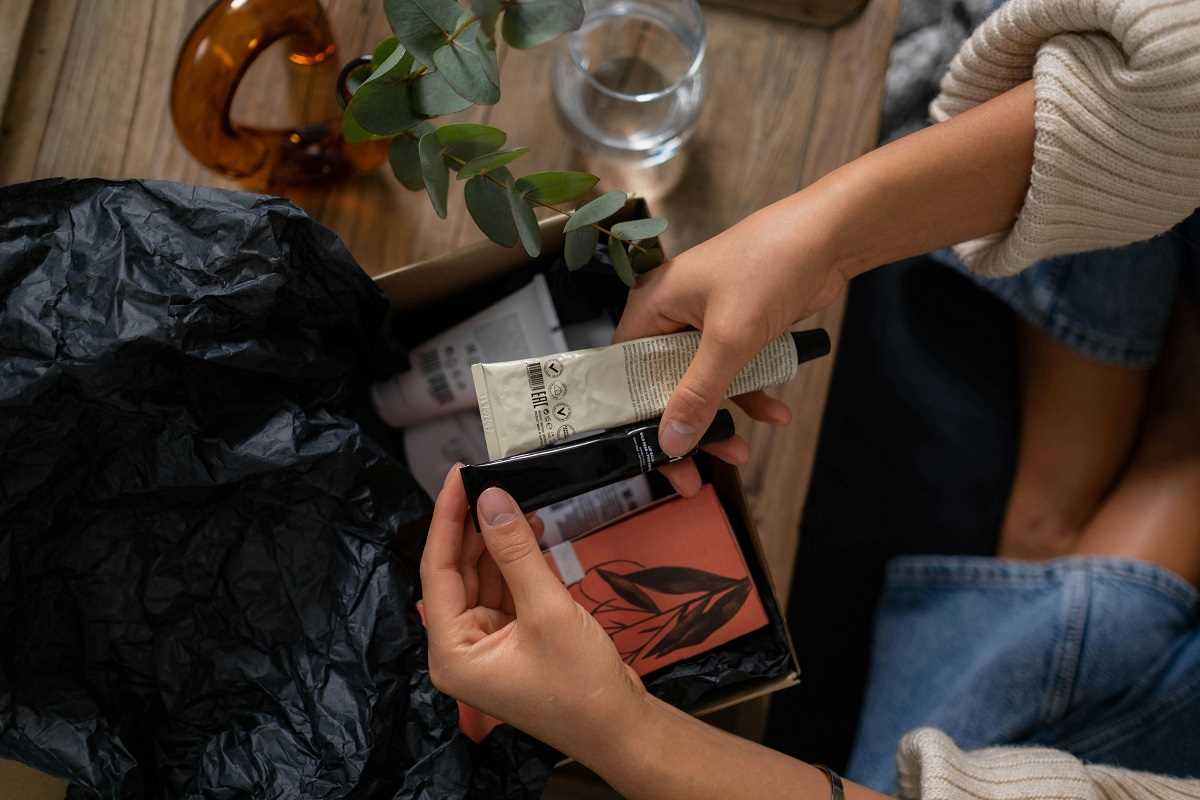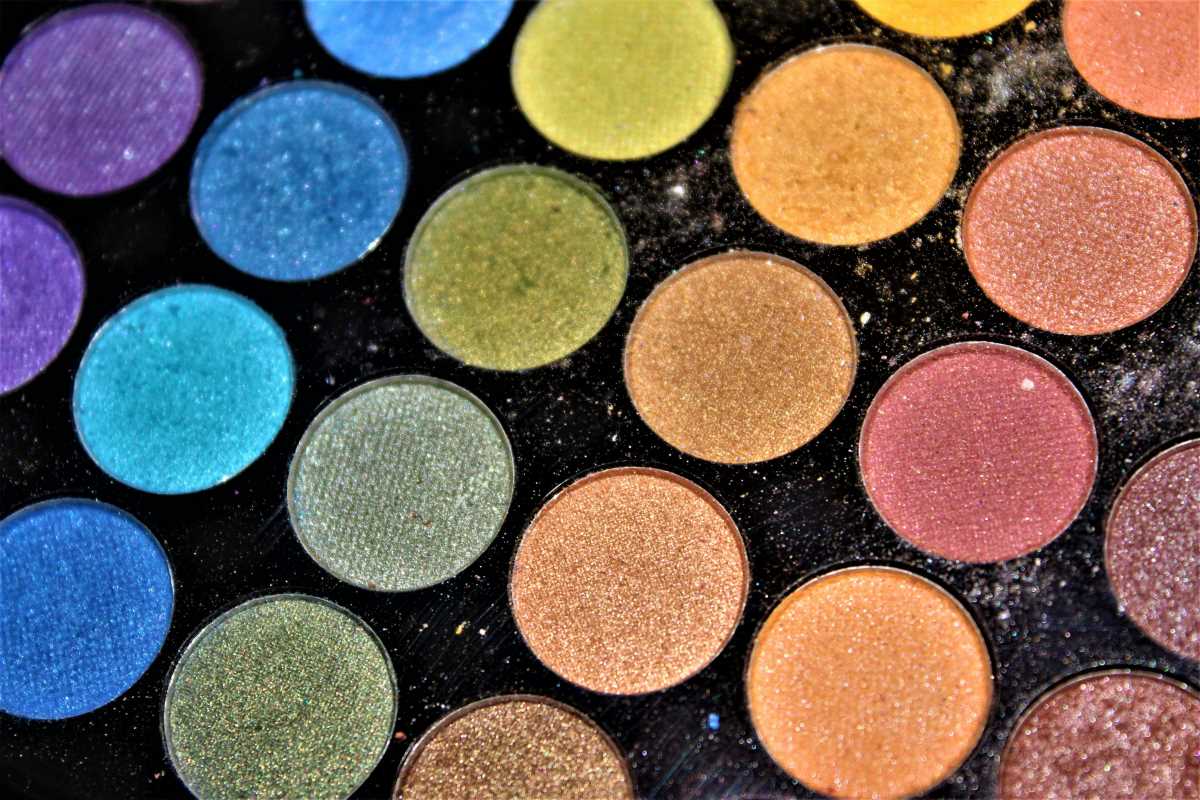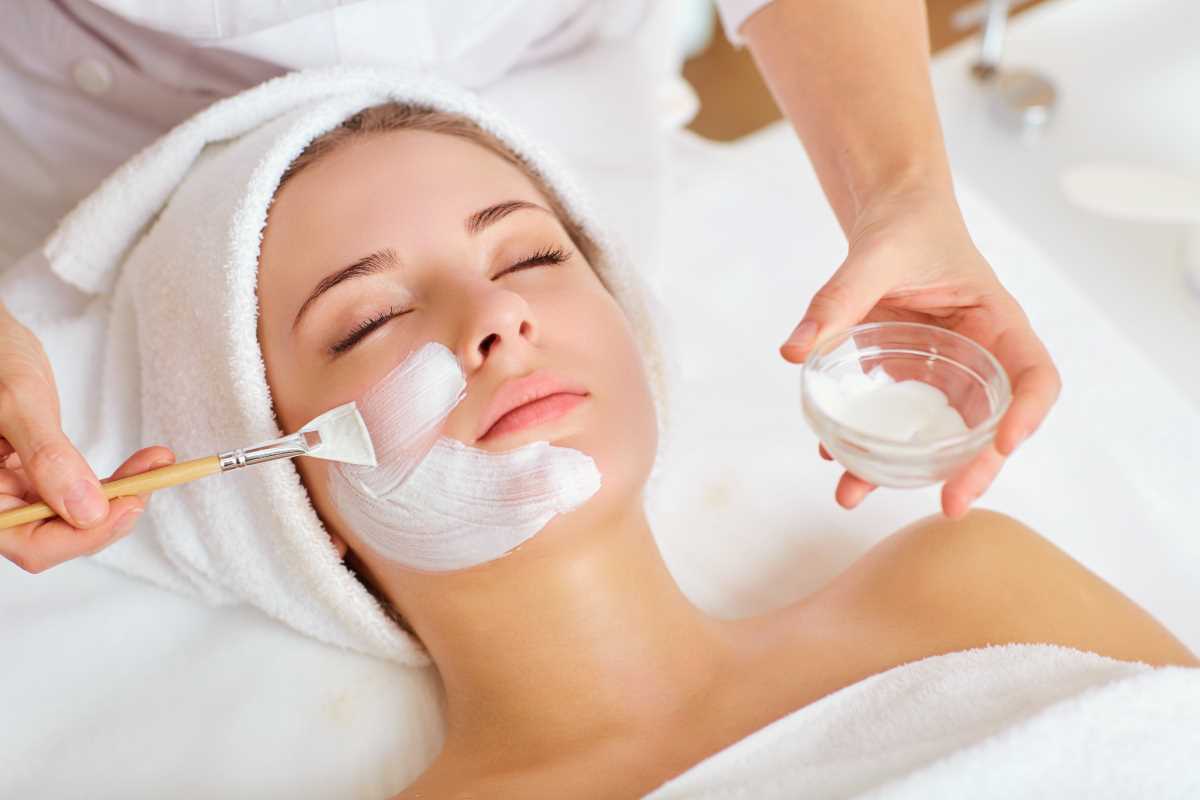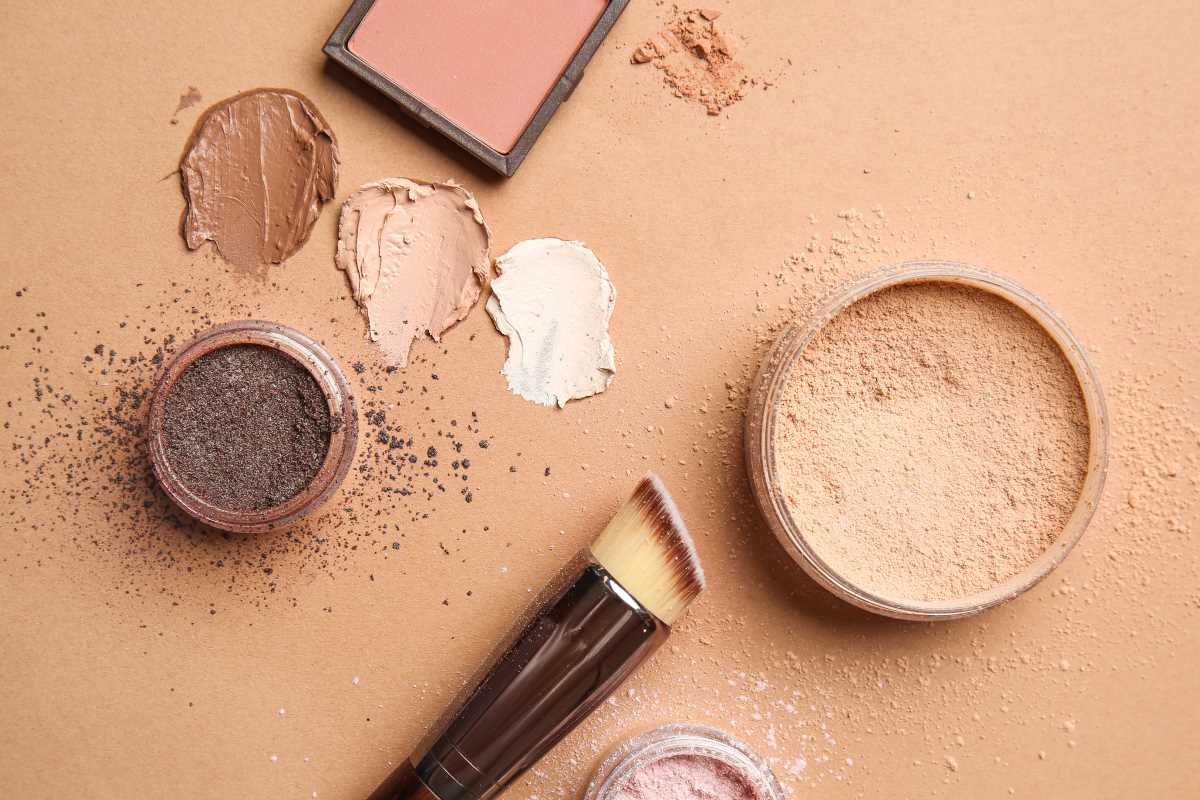As we age, our skin undergoes various changes that can lead to visible signs of aging, such as fine lines, wrinkles, and a loss of elasticity. While aging is a natural part of life, incorporating effective anti-aging products into your skincare routine can significantly slow down the process and keep your skin looking youthful and vibrant. In this article, we’ll explore some of the most proven anti-aging products backed by science, along with tips for integrating them into your regimen.
1. Retinoids: The Gold Standard of Anti-Aging
What They Are: Retinoids, derived from vitamin A, are considered the gold standard in anti-aging. They work by promoting cell turnover, increasing collagen production, and reducing the appearance of fine lines and wrinkles.
Proven Benefits:
- Collagen Boost: Retinoids stimulate collagen production, which is crucial for maintaining skin elasticity.
- Cell Turnover: They accelerate the turnover of skin cells, revealing fresher, healthier skin.
- Even Skin Tone: Retinoids can help fade dark spots and improve overall skin tone.
How to Use: Start with a low concentration to minimize irritation, applying it at night after cleansing. Gradually increase the frequency as your skin adjusts.
2. Hyaluronic Acid: The Hydration Hero
What It Is: Hyaluronic acid is a naturally occurring substance in the body that holds moisture, making it a powerful hydrating agent.
Proven Benefits:
- Deep Hydration: It can hold up to 1,000 times its weight in water, providing intense hydration to the skin.
- Plumpness: By retaining moisture, hyaluronic acid helps to plump up the skin, reducing the appearance of fine lines.
- Skin Barrier Support: It strengthens the skin barrier, which is vital for preventing moisture loss.
How to Use: Incorporate hyaluronic acid serums into your daily routine. Apply it on damp skin to lock in moisture, followed by a moisturizer for added hydration.
3. Vitamin C: The Brightening Antioxidant
What It Is: Vitamin C is a potent antioxidant that protects the skin from environmental stressors and brightens the complexion.
Proven Benefits:
- Brightening Effect: It helps fade hyperpigmentation and evens out skin tone.
- Collagen Production: Vitamin C is crucial for collagen synthesis, which helps maintain skin firmness.
- Antioxidant Protection: It neutralizes free radicals, reducing oxidative stress on the skin.
How to Use: Apply a vitamin C serum in the morning after cleansing. Follow up with sunscreen, as vitamin C can enhance the skin's sensitivity to sunlight.
4. Peptides: The Building Blocks of Skin
What They Are: Peptides are short chains of amino acids that serve as the building blocks of proteins like collagen and elastin.
Proven Benefits:
- Collagen Support: Peptides stimulate collagen production, helping to improve skin firmness and elasticity.
- Moisture Retention: They enhance the skin's ability to retain moisture, leading to a plumper appearance.
- Wound Healing: Some peptides promote faster healing of damaged skin.
How to Use: Look for peptide-rich creams and serums. These can be applied after cleansing and before heavier creams or oils.
5. Sunscreen: The Essential Shield
What It Is: Sunscreen is perhaps the most crucial product in any anti-aging regimen. It protects the skin from harmful UV rays that can accelerate aging.
Proven Benefits:
- UV Protection: Regular use of sunscreen prevents sun damage, which is a leading cause of premature aging.
- Prevention of Hyperpigmentation: Sunscreen helps prevent dark spots and uneven skin tone caused by sun exposure.
- Reduced Wrinkle Formation: Consistent protection can significantly reduce the formation of wrinkles over time.
How to Use: Apply a broad-spectrum sunscreen with at least SPF 30 daily, even on cloudy days. Reapply every two hours when outdoors.
6. Alpha Hydroxy Acids (AHAs): The Exfoliating Agents
What They Are: AHAs, such as glycolic acid and lactic acid, are exfoliants that help remove dead skin cells from the surface.
Proven Benefits:
- Smoother Texture: AHAs reveal smoother, more radiant skin by promoting exfoliation.
- Increased Cell Turnover: They enhance the skin's natural cell turnover process, leading to a more youthful appearance.
- Hydration Boost: Some AHAs, like lactic acid, also offer hydrating properties.
How to Use: Incorporate AHAs into your routine a few times a week, starting with a lower concentration to gauge skin tolerance. They can be found in toners, serums, and masks.
7. Niacinamide: The Multi-Tasking Ingredient
What It Is: Niacinamide, or vitamin B3, is a versatile ingredient known for its numerous skin benefits.
Proven Benefits:
- Improved Texture: Niacinamide helps smooth out uneven skin texture and reduce the appearance of pores.
- Hydration: It enhances the skin's moisture barrier, preventing dehydration.
- Anti-Inflammatory Properties: Niacinamide can help soothe irritated skin and reduce redness.
How to Use: Look for niacinamide serums or moisturizers. They can be used both morning and night, making them a flexible addition to your routine.
8. Growth Factors: The Regeneration Support
What They Are: Growth factors are naturally occurring proteins that promote cellular regeneration and repair.
Proven Benefits:
- Cellular Repair: They stimulate the growth of new cells, helping to repair damaged skin.
- Collagen Production: Growth factors encourage collagen and elastin production, improving skin firmness.
- Improved Skin Barrier: They enhance the skin's protective barrier, making it more resilient.
How to Use: Growth factor serums can be applied after cleansing and before your moisturizer. Look for formulations specifically designed for anti-aging.
9. Coenzyme Q10: The Energizing Antioxidant
What It Is: Coenzyme Q10 is a naturally occurring antioxidant that plays a crucial role in energy production within cells.
Proven Benefits:
- Energy Production: It helps boost cellular energy, which is essential for healthy skin function.
- Antioxidant Protection: Coenzyme Q10 protects against oxidative stress, which can accelerate aging.
- Improved Elasticity: Regular use can enhance skin elasticity and reduce the appearance of wrinkles.
How to Use: Look for creams or serums containing Coenzyme Q10. Apply them daily for optimal results.
10. Lifestyle Factors: The Foundation of Healthy Skin
While products play a significant role in anti-aging, lifestyle choices are equally important. Consider the following tips to complement your skincare routine:
- Stay Hydrated: Drink plenty of water to keep your skin hydrated from the inside out.
- Eat a Balanced Diet: Incorporate plenty of fruits, vegetables, and healthy fats to nourish your skin.
- Get Enough Sleep: Aim for 7-9 hours of quality sleep each night to support skin repair and regeneration.
- Manage Stress: Chronic stress can negatively impact skin health. Practice relaxation techniques like yoga, meditation, or deep breathing.
- Avoid Smoking and Limit Alcohol: Both can contribute to premature aging and skin damage.
Incorporating proven anti-aging products into your skincare routine can significantly improve the appearance and health of your skin. From retinoids and hyaluronic acid to sunscreen and niacinamide, these ingredients have been scientifically proven to combat signs of aging effectively. Additionally, adopting a holistic approach that includes a healthy lifestyle will further enhance your skin’s radiance and vitality. By investing time and effort into your skincare regimen, you can embrace aging gracefully and confidently, maintaining a youthful glow for years to come.







